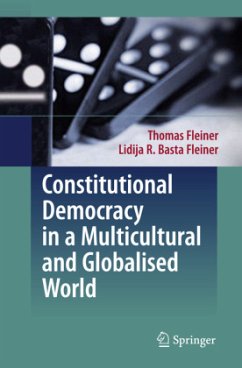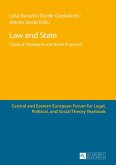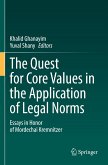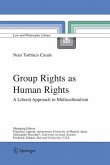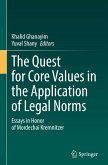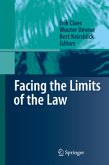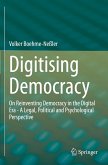After World War II, states transformed into 'collective fortresses' in order to protect competing ideological systems. The debate on post-modern statehood heavily built on ideological disputes between liberalism and communism, over the nature of the economic and social system, and the state and government that could sustain such a system. What is an 'ideologically acceptable' state-concept; which tasks and fu- tions should the state fulfil, and how to legitimate not only democratic, but also authoritarian and even totalitarian regimes? These questions were at the very centre of state theory. However, after the fall of communism in Europe and the former Soviet Union, the discourse of state and government scholarship radically changed. The need for a profound shift in the state paradigm was emerging. The time after 1989 seemed to proclaim that the nation-state had lost its raison d'être as an island of undisputed and unlimited sovereignty. A globalised world order broke open the 'fortress state' that developed within the tradition of European constitutionalism. Given the simultaneous structural changes to the nation-state's foundations, socio-economic and political reforms going hand in hand with new constitutional designs, the 'state in transition' started paving the way towards a new state paradigm, and not only with regard to the states in the process of de- cratic transformation from socialist into liberal constitutional democracies.
Bitte wählen Sie Ihr Anliegen aus.
Rechnungen
Retourenschein anfordern
Bestellstatus
Storno

